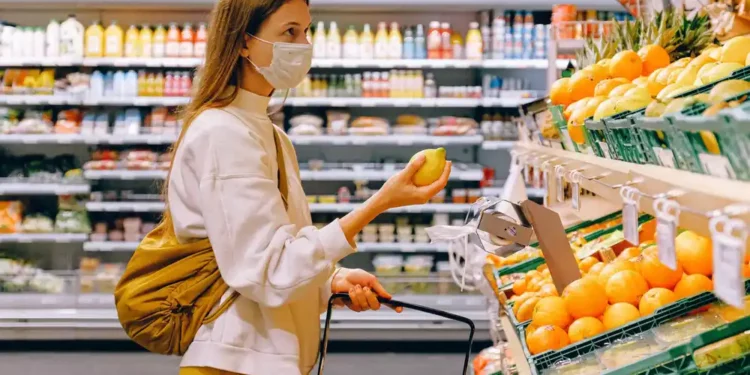In our increasingly interconnected world, there’s one Spanish phrase that encapsulates the essence of a universal need: “indícame el camino a la tienda de alimentos más cercana”. It stands for “show me the way to the nearest grocery store”. This statement, simple yet profoundly significant, unveils our underlying necessity for sustenance, convenience, and community.
Essential Oasis
Humans need nourishment to prosper. For people, food stores have turned into a key wellspring of this sustenance. They offer a wide range of products, from fundamental food things to family unit essentials, which we join into our regular day-to-day existences. Basically, the general store is a cutting edge, metropolitan desert spring, a dependable spot that satisfies our everyday needs.
Primal Dependency
When we utter the phrase, “indícame el camino a la tienda de alimentos más cercana“, it isn’t merely a logistical question about geographical locations. It’s an expression of our primal instinct to survive and nurture ourselves. It’s a testament to our reliance on these hubs of essentials, a tribute to our evolving societal structures where food distribution is centralized and systematized.
Efficiency Empowerment
Grocery stores also denote a sense of convenience. In a fast-paced world where time is often a scarce commodity, their existence caters to our preference for efficiency and time-saving methods. When someone seeks the path to the “tienda de alimentos más cercana”, they are prioritizing convenience. By locating a nearby store, they can optimize their routine, manage their resources more effectively, and allocate saved time to other meaningful activities. This is where the beauty of modern mapping and GPS technology comes in, transforming the task of finding the nearest grocery store from a chore into a matter of a few clicks.
Community Connection
Community forms another crucial aspect linked to “indícame el camino a la tienda de alimentos más cercana”. These stores often act as microcosms of the society we inhabit. They serve as common ground for various strata of the population to interact, fostering a sense of communal belonging. It’s not uncommon to spark casual conversations, exchange ideas about recipes, or even discuss local events with fellow shoppers. The phrase’s power lies in its potential to connect us to our community, to bring us closer to the shared experiences and collective rhythms of our neighborhoods.
However, finding the nearest grocery store isn’t always straightforward. It requires knowledge of the area, and sometimes, help from locals or technology. Whether you’re new to the area or finding your way around in a foreign country, asking someone to “indícame el camino a la tienda de alimentos más cercana” can serve as a conversation starter, creating an opportunity for interaction and cultural exchange.
Moreover, there’s a broader implication to this phrase. It reflects our dependence on a global food supply chain that makes it possible for grocery stores to stock a vast array of products from around the world. While we relish the convenience of having everything under one roof, it’s also crucial to remember and appreciate the vast network of growers, suppliers, and logistics operators who make it all possible.
Deeper Meaning
In conclusion, “indícame el camino a la tienda de alimentos más cercana” is much more than a request for directions. It represents our quest for sustenance, convenience, and community. It captures the essence of our modern living experience and the complexities of the global system that supports it. Therefore, the next time you ask for the way to the nearest grocery store, remember, you’re not merely seeking a path to food—you’re partaking in a journey that links you to your survival, your community, and the broader world.
Also, Read Exploring the Convenience of Walmart Neighborhood Market.



